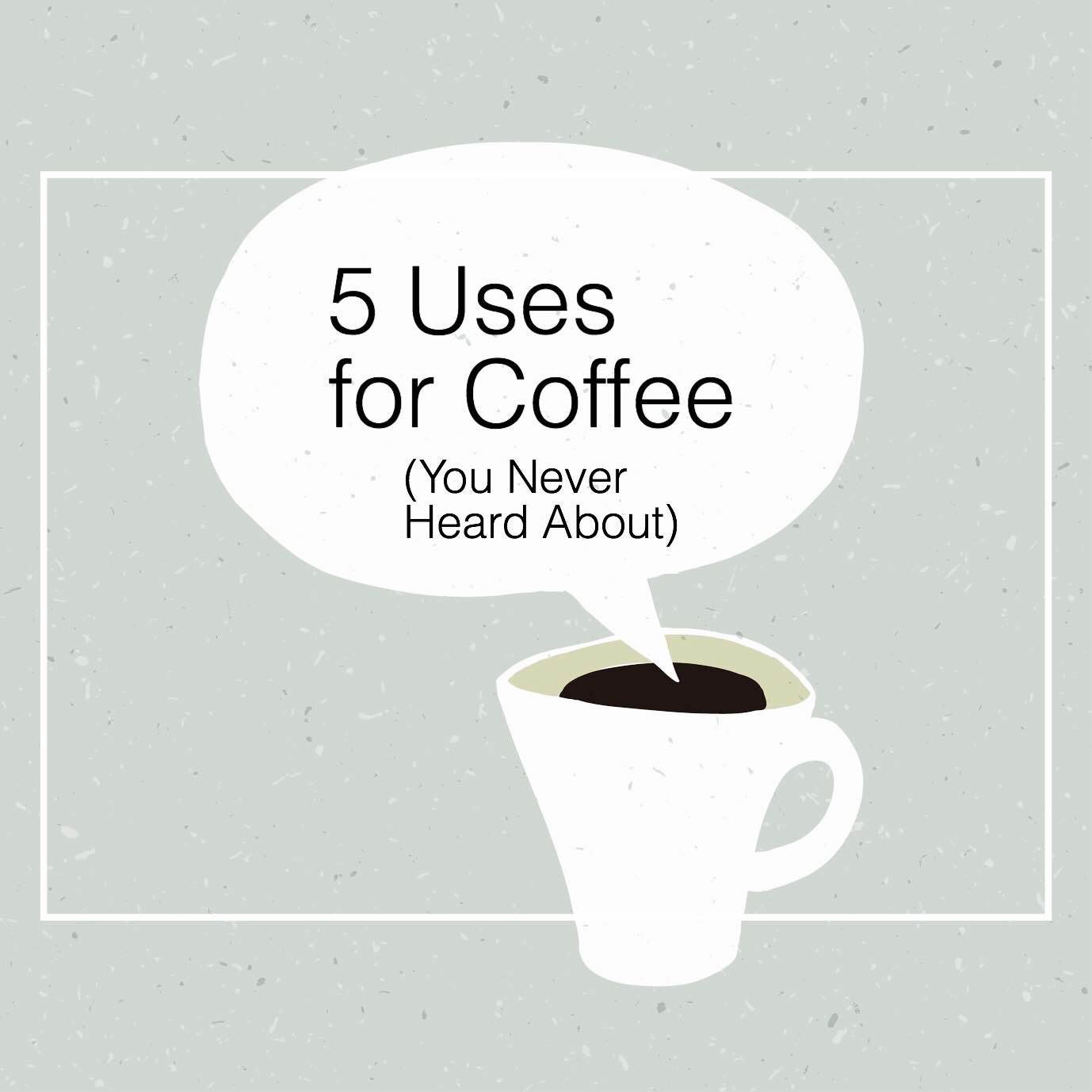Do you wake up in the mornings needing caffeine to get your day started? If so, you aren’t alone. Millions all over the world begin their day with a cup of coffee. It’s the most common beverage besides water consumed in the United States.
Studies have shown both good and bad reasons to drink coffee. There are definitely some benefits, but are there reasons not to drink your morning cup (or cups)?
Is Coffee bad for you?
Research about Coffee
The American Heart Association’s research concludes that drinking coffee has its health advantages. There have been some concerns about the ingredient, acrylamide, a chemical found in the roasting process. However, studies regarding acrylamide haven’t linked it as causing cancer in humans yet. The dietary guideline for the Department of Agriculture has stated that three to five daily cups (about 400 milligrams of caffeine) can actually be healthy.
The American Heart Association also suggests anyone with an abnormal heart rhythm, such as arrhythmia or tachycardia, may want to seek advice from their doctor or health professional about how much caffeine they take in. For instance, one cup of coffee(about 8 ounces) has between 95-200 milligrams, while tea has between 14-60 milligrams.
Health Benefits of Coffee
- Some of the nutrients found in coffee are: Manganese, Riboflavin, Potassium, Niacin, Chromium, Folate, Magnesium, Thiamin, Phosphorus, and Pantothenic Acid. Obviously if you’re drinking more than one cup, these nutrients increase.
- Your risk for Type II Diabetes is lower. Studies have shown that the Magnesium helps the body’s use of insulin and may help to regulate blood sugar.
- Your risk for developing kidney disease is lower.
- Its strong antioxidant power helps to prevent tissue damage which is caused by free radicals. This aids in fighting cancer, especially colon and liver cancer, and cirrhosis of the liver. For some, this may be the largest source of antioxidants in their diet.
- Your risk for developing Parkinson’s disease is lower, as well as dementia, and Alzheimer’s disease because of the reduction in inflammation. Parkinson’s is a neurodegenerative disorder, second behind Alzheimer’s.
- Strokes (especially in women), heart attacks, and the risk of atherosclerosis are reduced because blood vessels are healthier.
- You may live longer. It seems that the metabolic processes are slowed down, causing you to age slower. Also, by lowering your risk for other diseases, it increases your chances of living a healthier and longer life.
- It may improve your energy levels since caffeine is a stimulant. By boosting your metabolism, more calories are burned making coffee for weight loss more probable. Even your exercise levels are increased.
- Brain functions tend to improve, such as memory, reaction times, and your mood. It actually blocks the brain hormone called Adenosine.
- Coffee for weight loss. It is possible that caffeine helps you to burn fat. Many fat burning supplements contain caffeine, which are also helpful in sending signals to your fat cells to break apart body fat.
- It may actually make you happier and can help fight depression. Suicide rates could also decrease in numbers.
Possible Negatives
- Your sleep may be interrupted and you may have some anxiety or panic attacks. You may need to stay away from caffeine late in the day to prevent sleeplessness.
- Caffeine may raise your blood pressure and adrenaline.
- For pregnant women, increased amounts may also increase the possibility for miscarriages
- It may also increase your risk for heartburn due to the acids.
- Caffeine is addictive and may cause withdrawal symptoms, such as headaches, irritability, and fatigue if you miss a few cups.
Caffeinated or Decaffeinated
Are you wondering if you’re getting too much caffeine? Moderation seems to be the key. If you’re experiencing acid reflux, the acidity in the caffeine may be doing you more harm than good, so either try half and half or decaffeinated. However, some studies have actually found that the acid levels may be derived from the particular bean that is used. The average person can ingest about 200 milligrams of caffeine every day.
Although more studies will undoubtedly be made as to the pros and cons, there are definitely some very good reasons to drink your cup of joe every morning. Other factors, besides your caffeine intake, need to be taken into consideration. Are you a smoker or drinker? Are you overweight? Do you try to live a healthy lifestyle?
Until doctors actually find hard evidence that coffee isn’t good for you, continue drinking your morning cup, just do so in moderation. The pros definitely outweigh the cons!


















